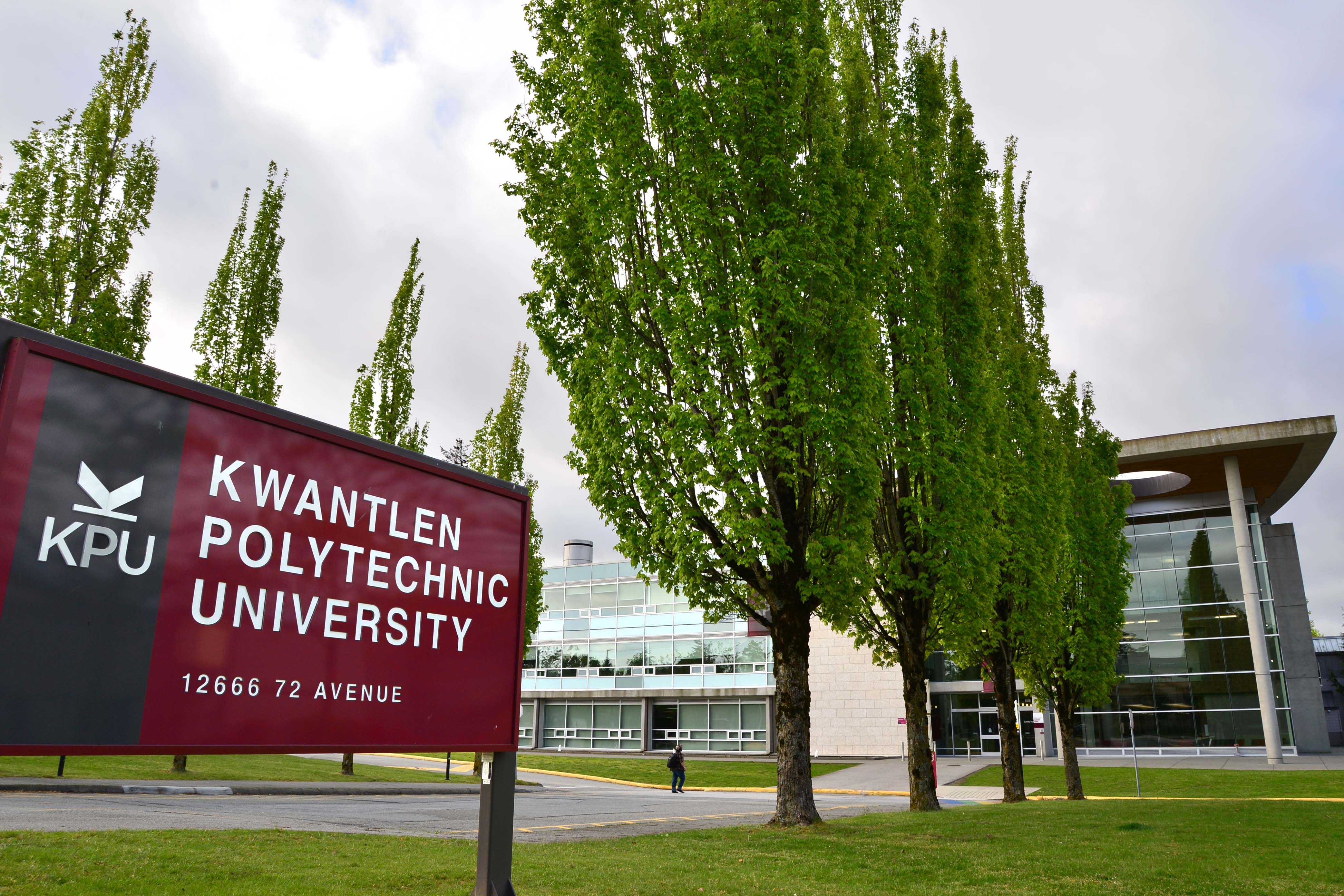Kwantlen Polytechnic University (KPU) is one step closer to offering students master’s degrees after its board of governors voted to establish a Faculty of Graduate Studies.
The governors’ decision last night (May 22) to establish the new faculty on September 1, 2024, combined with a new policy on graduate degrees that will go into effect on the same day, creates the framework for the university to provide master’s degree programs in future.
“Offering master’s degrees will be a major leap forward for Kwantlen Polytechnic University and our students,” says Dr. Alan Davis, President and Vice-Chancellor at KPU. “We are planning master’s degrees tailored to meet the needs of the community and industry in B.C. and beyond.”
Subject to future approval by KPU’s Senate and the province, the first master’s degree the university is working to develop is in operations, supply chain and logistics management.

Master’s students have different needs from other student groups and the new faculty will provide the infrastructure to ensure they receive the appropriate guidance, support services and resources, such as grants and funding. It will be a centre for collaboration with and between existing faculties, supporting future master’s programs, and the teaching and learning of instructors and master’s students.
Developing a new faculty allowed KPU to include reconciliation in its approach to graduate studies from the start.
“Weaving Indigenous ways of knowing, doing, being and becoming in education will be a central goal of the Faculty of Graduate Studies,” says Dr. David Burns, Associate Vice-President, Academic. “The new faculty will foreground Indigenous teachings and practices to guide and inform teaching and learning of master’s students, especially in areas like graduate student guidance.”
The academic team that developed the new faculty proposal received guidance and teachings from local Indigenous partners. They underscored connectedness, reciprocity and community, while they envision education to be open-ended, non-confrontational, non-judgmental and nurturing.
“We are grateful for their guidance, which has helped us put decolonization and reconciliation at the forefront of our approach to graduate studies,” adds Dr. Burns.